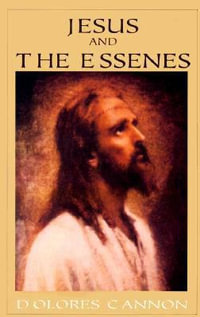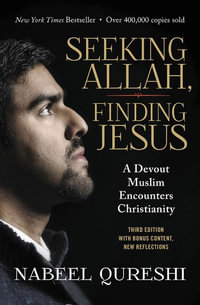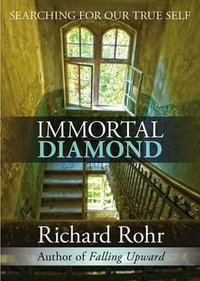LARGE PRINT EDITION, easy to read layout, complete footnotes (>1000).
"The City of God, for those who can understand it, contains the secret of death and life, war and peace, hell and heaven."-Thomas Merton
"Of all the saints, Augustine is possibly the one who, as the Quakers phrase it, 'speaks most clearly to our condition.' Today as fifteen hundred years ago."-Anne Fremantle, Saints Alive!
The medieval philosopher Saint Augustine wrote The City of God (De civitate Dei contra paganos), a philosophical treatise vindicating Christianity, about 413-426 CE. With designs to solidify the Christianization of the Roman world, Saint Augustine has led one of the biggest battles against heresy. His love of rhetoric combined with his relentless philosophical search paved the way for his historic legacy-to this day. He influenced the work of Thomas Aquinas and John Calvin and many other theologians throughout the centuries.
The first part (Books I-X) is a polemical critique of Roman religion and philosophy, corresponding to the Earthly City. The second half of The City of God (Books XI-XXII) turns to Augustine's defense of Christianity in the context of his philosophy and theology of history.
BOOKS XIII-XXII- also available The City of God-BOOKS I-XII
Excerpts: "Accordingly, two cities have been formed by two loves: the earthly by the love of self, even to the contempt of God; the heavenly by the love of God, even to the contempt of self. The former, in a word, glories in itself, the latter in the Lord. For the one seeks glory from men; but the greatest glory of the other is God, the witness of conscience. The one lifts up its head in its own glory; the other says to its God, "Thou art my glory, and the lifter up of mine head."1 In the one, the princes and the nations it subdues are ruled by the love of ruling; in the other, the princes and the subjects serve one another in love, the latter obeying, while the former take thought for all. The one delights in its own strength, represented in the persons of its rulers; the other says to its God, "I will love Thee, O LORD, my strength."2 And therefore the wise men of the one city, living according to man, have sought for profit to their own bodies or souls, or both, and those who have known God "glorified Him not as God, neither were thankful, but became vain in their imaginations, and their foolish heart was darkened; professing themselves to be wise"-that is, glorying in their own wisdom, and being possessed by pride-"they became fools, and changed the glory of the incorruptible God into an image made like to corruptible man, and to birds, and four-footed beasts, and creeping things." For they were either leaders or followers of the people in adoring images, "and worshiped and served the creature more than the Creator, who is blessed forever."3 But in the other city there is no human wisdom, but only godliness, which offers due worship to the true God, and looks for its reward in the society of the saints, of holy angels as well as holy men, "that God may be all in all."4" (1 Ps. 3:3. 2 Ps. 18:1. 3 Rom. 1:21-25. 4 1 Cor. 15:28.)
















![Mere Christianity [Gift Edition] - C. S. Lewis](https://www.booktopia.com.au/covers/200/9780008254599/null/mere-christianity-gift-edition-.jpg)









